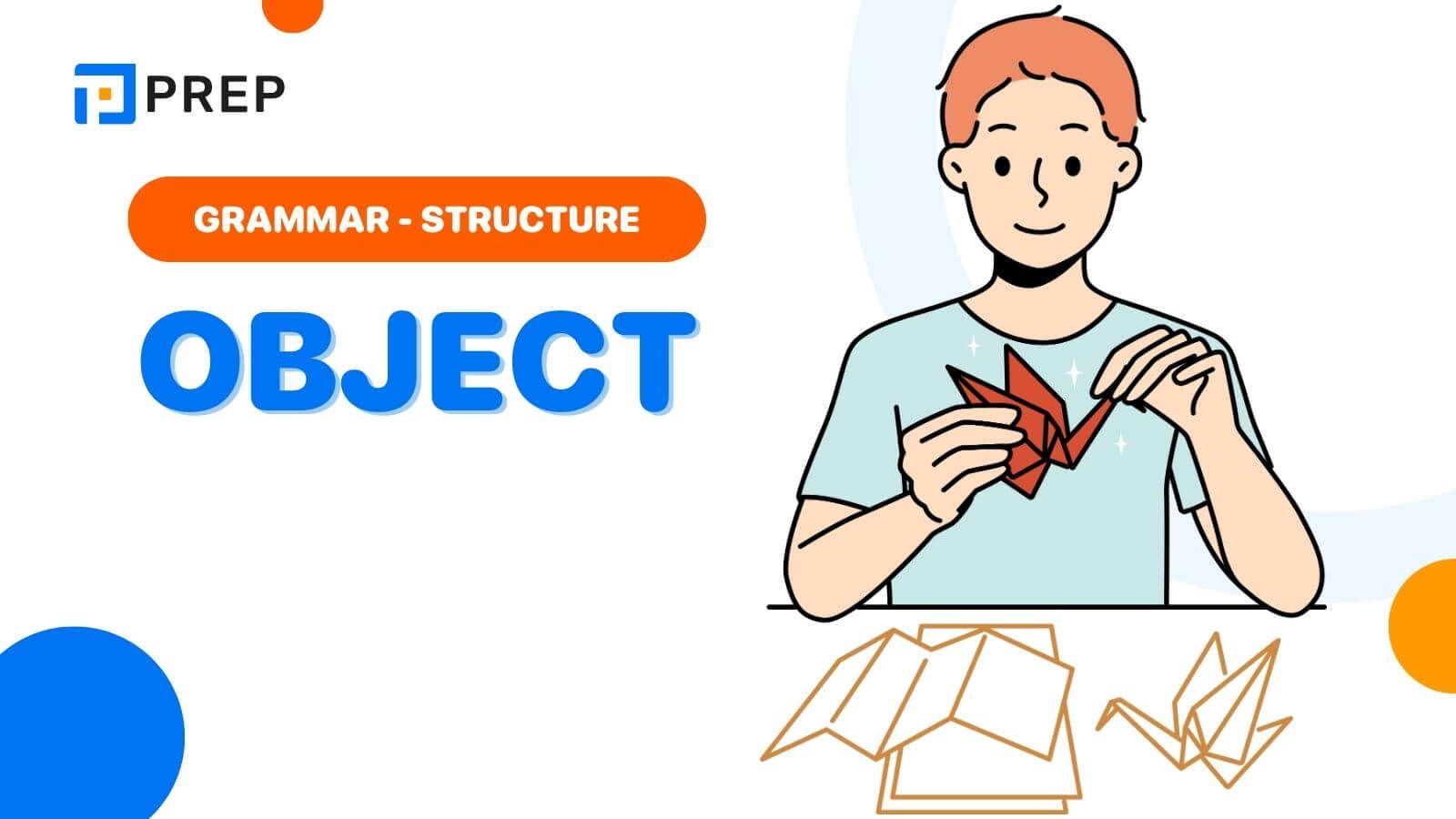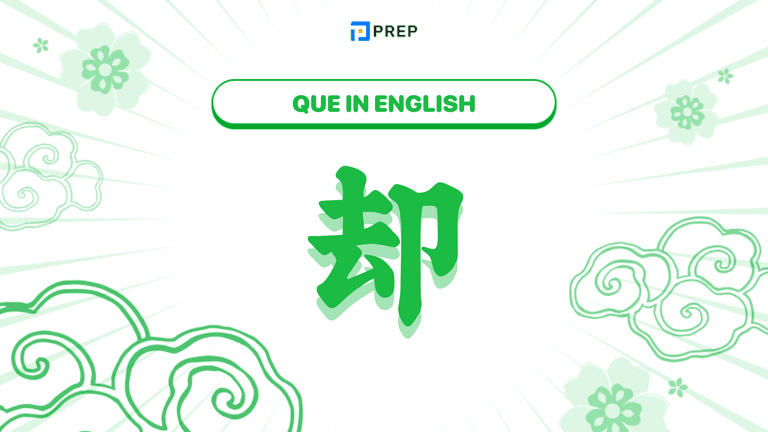A Complete Guide to Meanings and Uses of Object in English
This comprehensive guide explores the multifaceted nature of the word Object in English, which functions as both a noun with five distinct meanings and a verb with specific grammatical patterns. The content addresses the critical challenge English learners face when encountering this polysemous word across different contexts - from physical items and goals to emotional focuses and expressions of disagreement. It emphasizes practical applications for standardized tests (IELTS, TOEIC), academic writing, and professional communication while offering etymological insights that create memorable learning connections. The content serves as both a reference tool and a strategic learning framework for developing sophisticated vocabulary skills that transfer to other complex English words.

I. "Object" as a Noun: Exploring Its Diverse Meanings
The noun form of "object" encompasses several distinct meanings, each requiring specific contextual understanding and appropriate application. These variations demonstrate the richness of English vocabulary while highlighting the importance of context in determining precise meaning when studying Object in English.
|
Meaning |
Definition |
Examples |
Grammar Notes |
|
Physical Thing |
Something that can be seen and touched |
"There was a strange object on the table." "Please remove all sharp objects from your bag." (object example) |
Countable noun (an object, many objects) |
|
Aim/Goal |
Something one is trying to achieve |
"The object of the game is to score points." "Her main object in life was to help others." |
Common collocations: main object, primary object |
|
Focus of Attention |
Person or thing receiving thoughts, feelings, or actions |
"She became an object of ridicule." "He was the object of her affection." |
Often used with "of" + emotion/action |
|
Grammar Term |
Recipient of a verb's action |
"In 'She threw the ball,' 'ball' is the direct object." |
Part of sentence structure analysis |
|
Philosophy |
Something perceived or known (external to mind) |
Used in "subject vs. object" discussions |
Abstract, academic usage |
1. Understanding Physical Objects
This represents the most fundamental understanding of Object in English, referring to any physical entity that occupies space and possesses material properties. Objects in this sense range from everyday items like books and chairs to more unusual entities that capture our attention or curiosity. Airport security personnel consistently request passengers to remove metallic objects from their pockets, while museums display precious objects behind protective glass cases.
2. Goals and Purposes
This sophisticated usage of "object" refers to intentions, aspirations, or desired outcomes rather than physical entities. Understanding this meaning proves crucial for academic and professional communication, where discussing objectives and purposes forms a central component of discourse when mastering Object in English. Business presentations frequently reference the object of quarterly initiatives, while educational contexts discuss the object of specific learning activities.
3. Focus of Emotions and Actions
This abstract application describes entities that receive attention, emotions, or actions from others. The concept extends beyond physical items to encompass people, ideas, or situations that become focal points for various human responses. Someone becoming an object of ridicule means they receive mocking or contemptuous treatment, while being the object of affection indicates receiving love or romantic attention.
II. "Object" as a Verb: Expressing Disagreement or Opposition
The verb form of "object" carries meanings related to disagreement and opposition, requiring different pronunciation and grammatical patterns from its noun counterpart. When functioning as a verb, "object" expresses active disagreement or opposition to proposals, ideas, or actions, making it essential knowledge for anyone learning Object in English.
1. Pattern 1: Object + to + noun/gerund
-
Structure: Subject + object + to + noun/gerund
-
Examples:
-
"I object to your proposal." (object example)
-
"They objected to paying the fee."
-
"The residents object to the construction noise."
-
2. Pattern 2: Object + that + clause
-
Structure: Subject + object + that + complete clause
-
Examples:
-
"He objected that the plan was too risky."
-
"She objected that she had not been given enough time."
-
"The lawyer objected that the evidence was inadmissible."
-
3. Pattern 3: Object (standalone)
-
Structure: Simple "object" or "objection"
-
Context: Formal settings, especially legal
-
Examples:
-
"Objection!" (courtroom)
-
"Does anyone object?" (meetings)
-
"I object!" (formal disagreement)
-
4. Pronunciation Note
-
Noun: OB-ject (stress on first syllable)
-
Verb: ob-JECT (stress on second syllable)
Expressing Disagreement
The most common usage involves stating opposition to specific proposals, actions, or ideas. Legal proceedings frequently feature lawyers objecting to inappropriate questions or evidence, while meeting contexts might include requests for group consensus before proceeding with proposed actions. Understanding this pattern prevents common grammatical errors and ensures clear expression of disagreement when using Object in English.
Providing Reasons for Opposition
This more sophisticated usage involves providing specific justifications or explanations for opposition rather than simply expressing disagreement. Academic and professional contexts particularly value this approach to expressing contrary opinions. When providing reasons for opposition, "object" often introduces clauses beginning with "that," allowing for detailed explanation of concerns or problems with proposed actions or ideas.
III. Common Expressions and Idioms with "Object"
English contains numerous established phrases and expressions incorporating "object," each carrying specific meanings that extend beyond the individual word's basic definitions. These combinations appear frequently in both formal and informal communication and are essential parts of mastering Object in English.
• "Money is no object" - This popular idiom indicates that financial considerations will not limit or influence decisions about purchases or expenditures. Luxury shopping contexts frequently feature this expression, emphasizing willingness to spend whatever amount proves necessary.
• "An object lesson" - This sophisticated expression describes situations or events that provide clear, practical demonstrations of important principles or consequences. Educational contexts value object lessons for their memorable and impactful nature.
• "Object of value" - This formal phrase appears in insurance discussions, estate planning, and antique appraisals where items possess significant monetary or sentimental worth.
IV. Related Words and Meanings
|
Word |
Part of Speech |
Meaning |
Example |
|
Objective |
Noun/Adjective |
Goal; unbiased |
"Our objective is to increase sales" |
|
Objection |
Noun |
Act of disagreeing |
"I have an objection to this plan" |
|
Objectify |
Verb |
Treat as an object |
"Media can objectify people" |
|
Objectively |
Adverb |
In an unbiased way |
"Judge the situation objectively" |
|
Objectivity |
Noun |
Quality of being unbiased |
"Scientific objectivity is crucial" |
V. Advanced Applications and Grammar Insights
1. Object in English grammar context
When discussing Object in English grammar, this term describes sentence components that receive the action of verbs. Understanding grammatical objects proves essential for constructing complex sentences and analyzing sentence structure effectively. English sentences can contain direct objects (receiving the action directly) and indirect objects (receiving the action indirectly), creating sophisticated structural patterns that enhance communication precision.
The object grammar definition illustrates how nouns or pronouns function as receivers of verbal actions. Consider these detailed examples: "She threw the ball" (ball = direct object), "She gave him the book" (him = indirect object, book = direct object). This grammatical understanding supports both sentence construction and comprehension skills when mastering Object in English.
2. Specialized usage in different fields
Legal contexts frequently employ "object" as both noun and verb, with lawyers objecting to evidence while courts examine objects presented as exhibits. Academic writing often discusses objects of study or research objectives, requiring precise understanding of both physical and abstract meanings. Business communications reference project objects while team members might object to proposed changes, demonstrating the versatility of Object in English.
Understanding Object in English requires recognizing its remarkable versatility across multiple grammatical functions and semantic domains. From tangible physical items to abstract goals, from emotional focuses to expressions of disagreement, this single word demonstrates the richness and complexity that makes English both challenging and rewarding to learn. Your continued progress depends on active engagement with authentic English materials where "object" appears naturally across its various meanings. Pay attention to how native speakers employ this word in different contexts, noting the grammatical patterns and contextual clues that signal intended meanings. Practice incorporating different forms of "object" into your own speaking and writing, starting with familiar contexts before gradually expanding to more sophisticated applications of Object in English.

Hi I'm Chloe, and I am currently serving as an Product Content Administrator at Prep Education. With over five years of experience in independent online IELTS study and exam preparation, I am confident in my ability to support learners in achieving their highest possible scores.
Comment
Premium content
View allPersonalized roadmap
Most read












